- myFICO® Forums
- FICO Scoring and Other Credit Topics
- Understanding FICO® Scoring
- Re: Achieving Fico8 score of 850
- Subscribe to RSS Feed
- Mark Topic as New
- Mark Topic as Read
- Float this Topic for Current User
- Bookmark
- Subscribe
- Mute
- Printer Friendly Page
Achieving Fico8 score of 850
Is your credit card giving you the perks you want?
Browse credit cards from a variety of issuers to see if there's a better card for you.
- Mark as New
- Bookmark
- Subscribe
- Mute
- Subscribe to RSS Feed
- Permalink
- Report Inappropriate Content
Achieving Fico8 score of 850
I was gardening for more than a year and I acheived Fico8 score of 842 (TU) and EX (831). While the gap to the Fico8 upper limit of 850 is very small, I am wondering the reasons that prevent hitting 850.
Can the auto-loan or mortgage banalce of >10% be responsible for the remained gap?
 Fico8: EX~EQ~TU~840 (12 month goal~850).
Fico8: EX~EQ~TU~840 (12 month goal~850).BOA (CCR, UCR), Chase (CFF, CSP, Amazon, CIC, CIU), US Bank (Cash+, AR, Go, Ralphs), Discover, Citi (CCC, DC, SYW), Amex (BCP, HH, Biz Gold, BBC, BBP), Affinity CR, Cap1(Walmart), Barclays View.
- Mark as New
- Bookmark
- Subscribe
- Mute
- Subscribe to RSS Feed
- Permalink
- Report Inappropriate Content
Re: Achieving Fico8 score of 850
@xenon3030 wrote:I was gardening for more than a year and I acheived Fico8 score of 842 (TU) and EX (831). While the gap to the Fico8 upper limit of 850 is very small, I am wondering the reasons that prevent hitting 850.
Can the auto-loan or mortgage banalce of >10% be responsible for the remained gap?
age of oldest revolving account and average age of accounts?
if you're not 0/12, average age of accounts > 7 years and following AZEO, there's more points to be gained, either by age or by loan optimization/accounts with balances optimziation



Current FICO 8:



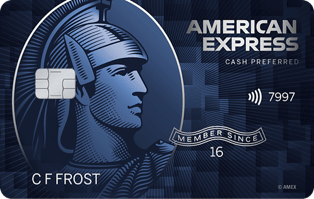


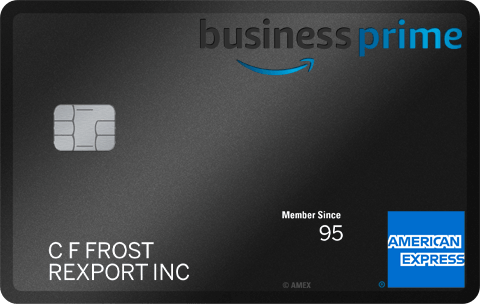
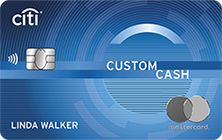
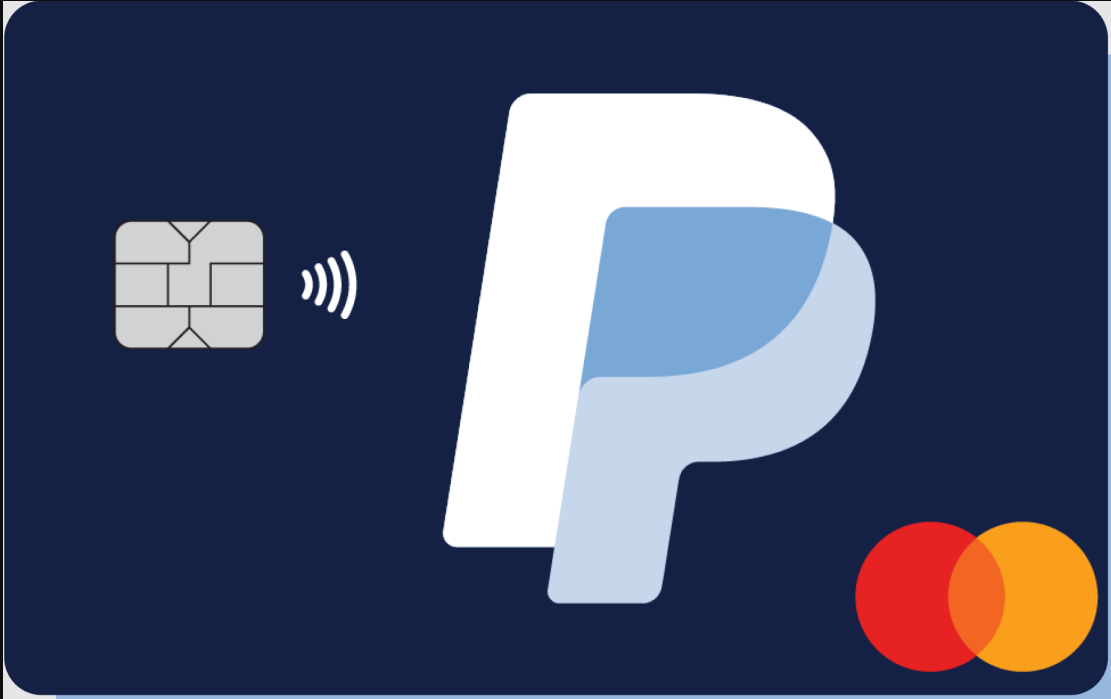



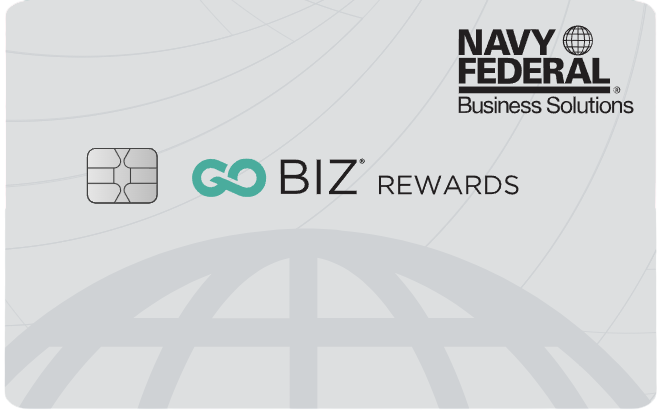


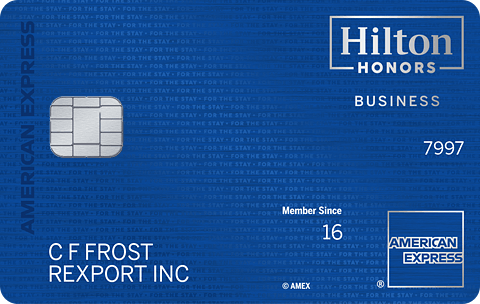
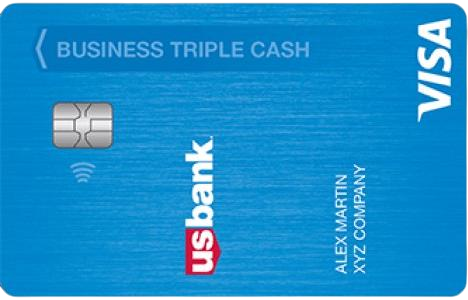


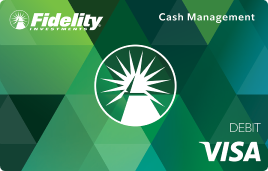
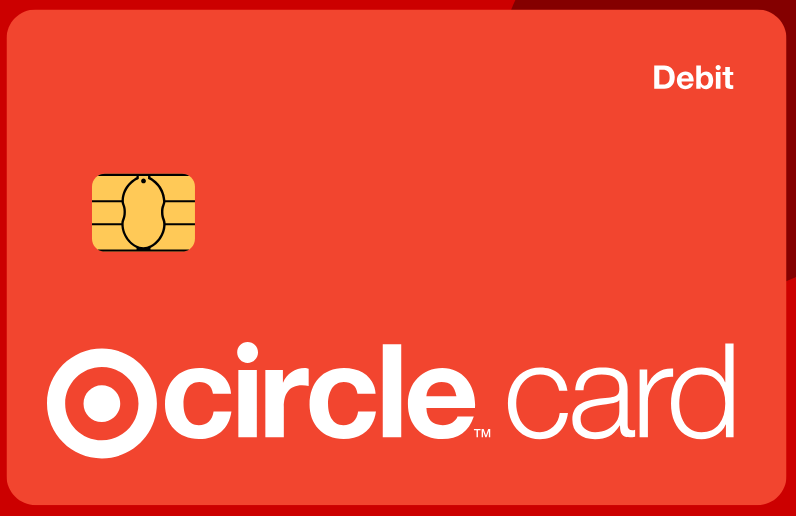

- Mark as New
- Bookmark
- Subscribe
- Mute
- Subscribe to RSS Feed
- Permalink
- Report Inappropriate Content
Re: Achieving Fico8 score of 850
It is hard to say based on the data provided. It is next to impossible to reach 850 without age of oldest account (AoOA) of atleast 15 years and usually greater than 18. An AAoA of 7 years is typically required.
A new revolving account under 12 months age drops most profiles from 850 and limits others from reaching it.
A new mortgage may be a limiting factor. However, a low B/L ratio is not required. An installment utilization under 65% on mortgages or car loans is known to be sufficient. Length of installment payment history is a factor. I suspect a minimum of 3 or 5 years history on the open mortgage is necessary.
Fico 8: .......EQ 850 TU 850 EX 850
Fico 4 .....:. EQ 809 TU 823 EX 830 EX Fico 98: 842
Fico 8 BC:. EQ 892 TU 900 EX 900
Fico 8 AU:. EQ 887 TU 897 EX 899
Fico 4 BC:. EQ 826 TU 858, EX Fico 98 BC: 870
Fico 4 AU:. EQ 831 TU 872, EX Fico 98 AU: 861
VS 3.0:...... EQ 835 TU 835 EX 835
CBIS: ........EQ LN Auto 940 EQ LN Home 870 TU Auto 902 TU Home 950
- Mark as New
- Bookmark
- Subscribe
- Mute
- Subscribe to RSS Feed
- Permalink
- Report Inappropriate Content
Re: Achieving Fico8 score of 850
@xenon3030 wrote:I was gardening for more than a year and I acheived Fico8 score of 842 (TU) and EX (831). While the gap to the Fico8 upper limit of 850 is very small, I am wondering the reasons that prevent hitting 850.
Can the auto-loan or mortgage banalce of >10% be responsible for the remained gap?
If your aggregate of open loan balances is 10% or more of the original loan amounts, there are definitely some FICO 8 points you are losing for that.









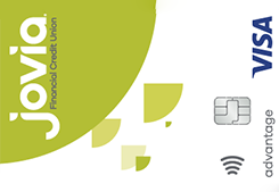






















Total revolving limits 586020 (520820 reporting) FICO 8: EQ 706 TU 701 EX 692
- Mark as New
- Bookmark
- Subscribe
- Mute
- Subscribe to RSS Feed
- Permalink
- Report Inappropriate Content
Re: Achieving Fico8 score of 850
Thanks for the feedbacks. So, it seems that acheiving exactly Fico8 of 850 would not be very straightforward and it may get achieved only by time (aging the accounts, reducing the balance of auto-loan and mortgate by time and ideally below 10%).
Here is also a link from Experian, reflecting that only 1.54% of consumers could achieve Fico8 of 850:
 Fico8: EX~EQ~TU~840 (12 month goal~850).
Fico8: EX~EQ~TU~840 (12 month goal~850).BOA (CCR, UCR), Chase (CFF, CSP, Amazon, CIC, CIU), US Bank (Cash+, AR, Go, Ralphs), Discover, Citi (CCC, DC, SYW), Amex (BCP, HH, Biz Gold, BBC, BBP), Affinity CR, Cap1(Walmart), Barclays View.
- Mark as New
- Bookmark
- Subscribe
- Mute
- Subscribe to RSS Feed
- Permalink
- Report Inappropriate Content
Re: Achieving Fico8 score of 850
@xenon3030 wrote:Thanks for the feedbacks. So, it seems that acheiving exactly Fico8 of 850 would not be very straightforward and it may get achieved only by time (aging the accounts, reducing the balance of auto-loan and mortgate by time and ideally below 10%).
Not really true. Taking my mortgage from 50% to under 10% to under 5% to under 2% gained me exactly zero points on my Fico mortgage scores and Fico 8 bankcard scores. My Classic Fico 8 scores were all at 850 the whole time.
Fico does not require Mortgages to have anything close to single digit utilization to avoid a score penalty.
Another interesting data point: Inverse, a poster here, had Fico scores in the 750s due to a lien. When the lien was removed 2 of his 3 Fico 8 scores popped to 850 with the 3rd rising to 845. He had a mortgage and a couple car payments. His aggregate B/L ratio was close to 65%.
Looking at the table in your link shows: Mortgage, Auto and other installment balances are not that different for 850 profiles vs non 850 profiles. The big difference comparing the 2 groups is credit card utilization (29% vs 4%). Age of file is a major factor as well.
Fico 8: .......EQ 850 TU 850 EX 850
Fico 4 .....:. EQ 809 TU 823 EX 830 EX Fico 98: 842
Fico 8 BC:. EQ 892 TU 900 EX 900
Fico 8 AU:. EQ 887 TU 897 EX 899
Fico 4 BC:. EQ 826 TU 858, EX Fico 98 BC: 870
Fico 4 AU:. EQ 831 TU 872, EX Fico 98 AU: 861
VS 3.0:...... EQ 835 TU 835 EX 835
CBIS: ........EQ LN Auto 940 EQ LN Home 870 TU Auto 902 TU Home 950
- Mark as New
- Bookmark
- Subscribe
- Mute
- Subscribe to RSS Feed
- Permalink
- Report Inappropriate Content
Re: Achieving Fico8 score of 850
Question if you know. Does paying off a loan faster than required help score is or is it all based on the % remaining? Curious if the strength of payment helps.
- Mark as New
- Bookmark
- Subscribe
- Mute
- Subscribe to RSS Feed
- Permalink
- Report Inappropriate Content
Re: Achieving Fico8 score of 850
Fico looks at length of ontime payment history for open and closed loans. Multiple years of on time payments demonstrates ability to manage credit so considered lower risk than a file with only a few months or no payment history.
Accelerated paydown does not represent reduced risk and will not translate to a higher score. However, token loans such as a SSL will garner more points once B/L ratio is paid down to 9% if it is your only open loan. However, when the SSL is paid off and closed, points will subsequently be lost. That is why those with a SSL as their only open loan pay it down to 9% a few weeks after opening and then make minimum payments to ensure it stays open for 5 years.
I am not a SSL advocate as a score booster in general. However, if credit scores are sub 780, it may have merit for those planning to get a mortgage, do a refi or get a car loan.
Fico 8: .......EQ 850 TU 850 EX 850
Fico 4 .....:. EQ 809 TU 823 EX 830 EX Fico 98: 842
Fico 8 BC:. EQ 892 TU 900 EX 900
Fico 8 AU:. EQ 887 TU 897 EX 899
Fico 4 BC:. EQ 826 TU 858, EX Fico 98 BC: 870
Fico 4 AU:. EQ 831 TU 872, EX Fico 98 AU: 861
VS 3.0:...... EQ 835 TU 835 EX 835
CBIS: ........EQ LN Auto 940 EQ LN Home 870 TU Auto 902 TU Home 950
- Mark as New
- Bookmark
- Subscribe
- Mute
- Subscribe to RSS Feed
- Permalink
- Report Inappropriate Content
Re: Achieving Fico8 score of 850
I can appreciate the details, interest, and specifics of wanting to achieve certain markers in life, such as attempting to achieve an 850 FICO score few in life will ever acheive. The engineering mind in me understands this very much as being detail orientated. The practical side to me says, why? It's not in my financial interest to do so.
I once met someone I worked with, he was into martial arts. So I ask him, which martial arts is best, and how do you know the one you participate is best for you? His answer was a simple one. "There are multiple paths up the same mountain." This applies to so much in life, and apparently even credit profiles. No two people are going to have the same exact path to produce a FICO score, meaning their profile makeup, and weight is going to be very different - even if we believe we understand the scoring metrics. Some people with very high scores may say that three credit cards with a small balance on one, will push your score higher leading towards 850. Others, will have a fantastic amount of cards available, with age and responsible use, and yet will still rival a 800+ FICO score. Only, a 850 score may still be elusive to them. It's individual. It's personal towards how you want to manage your household. I've personally resigned myself not to achieving an 850 score, because that's not what's best for me, nor does it make sense to me and my household.
But, there is a real opportunity in this...
It's no secret that using the power of your credit score, especially when combined with a P1 and P2 combination, can deliver well over six figures in financial opportunity in both a combination of credit card SUBs, as well as banking SUB offers over a span of ten to twenty years. To achieve this, one most likely sacrifices the perfect score of 850. I also understand one relies on a FICO score, the other Chexsystems, but both together tell a story about overall profile integrity and responsible financial use and management.
So the better question to ask is, what path up the mountain matters most to you? You can not achieve one, without sacraficing opportunity with the other.
4-5 weeks in free credit reward vacations, booked through 2028.
$X,XXX in bank rewards in only 12 months.
I like FREE...
800+ FICO.
Making all numbers dance on a financial ledger.
Abuse that score responsibility for maximum gain.
- Mark as New
- Bookmark
- Subscribe
- Mute
- Subscribe to RSS Feed
- Permalink
- Report Inappropriate Content
Re: Achieving Fico8 score of 850
@FICOdawg wrote:Question if you know. Does paying off a loan faster than required help score is or is it all based on the % remaining? Curious if the strength of payment helps.
I think you could benefit by reading through the first few posts in the credit scoring primer thread:
Note that some people think some of the details in the Primer are not well supported by evidence, and that's probably true.
However, even so, it provides an understanding of the overall framework for FICO scoring, such as the concepts of scorecard segmentation and the difference between scoring factors and segmentation factors. It also lists the various known FICO scoring and segmentation factors.
I benefitted a lot by the hour or so I spent reading and studying those posts in my own effort to better understand FICO scoring. I think you also will find it useful.